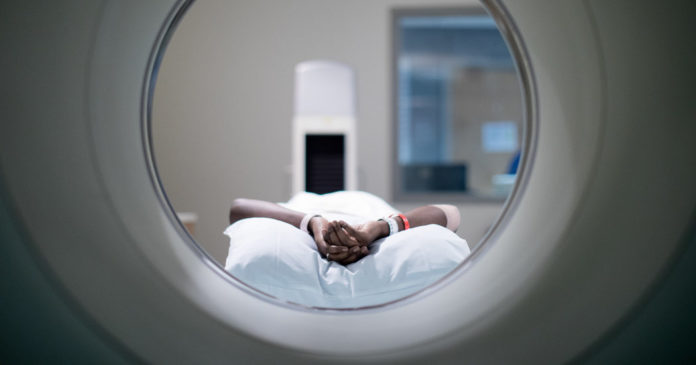“They did a nice job of finding a population of patients who are being treated by doctors who didn’t have any liability,” said Mark McClellan, the director of the Duke-Margolis Center for Health Policy. Dr. McClellan was a top health official in the George W. Bush administration, which pushed for national liability caps.
Mr. Frakes and Mr. Gruber examined a large number of quality indicators to determine whether the doctors who practiced less intense medicine on their military patients were somehow cutting corners. Each measure differed, but they found no place where the quality of care in the military hospital appeared to be worse. That finding suggests that, when doctors do extra treatment or testing to avoid liability, they are not necessarily taking extra steps that make their patients any healthier.
“It suggests that physicians change their behavior in response to liability considerations, but they don’t do it in a very calibrated way,” said Michelle Mello, a professor of law and health policy at Stanford, who has studied medical malpractice. “They tend to make a lot of changes that don’t result in better patient care.”
In the federal government and in states, there are frequent proposals to limit medical liability, but there have been no serious efforts to eliminate medical malpractice rights altogether. Mr. Gruber said the paper’s estimates are best viewed as a kind of ceiling for the effects of more realistic reforms.
Any law that limits the cases where patients can sue, or the amount of money they can collect, is likely to lower medical use by less than the 5 percent they measured in their study.
The most popular state action has been to impose caps on monetary damages. In the paper, the authors suggest different types of malpractice reforms, including one in which doctors would be shielded from liability if they adhered to common standards of care. Ms. Mello suggested studying a system in which administrative courts, instead of juries, determined liability and damages.
Other possible approaches haven’t been tried, like a system used for childhood vaccines, in which patients are paid if they are harmed by medical care, regardless of fault.
“Policymakers have only experimented with a limited set of types of reforms to date,” Mr. Frakes said. “We haven’t experimented with a lot with more structural reforms to the system.”
Source : Nytimes














